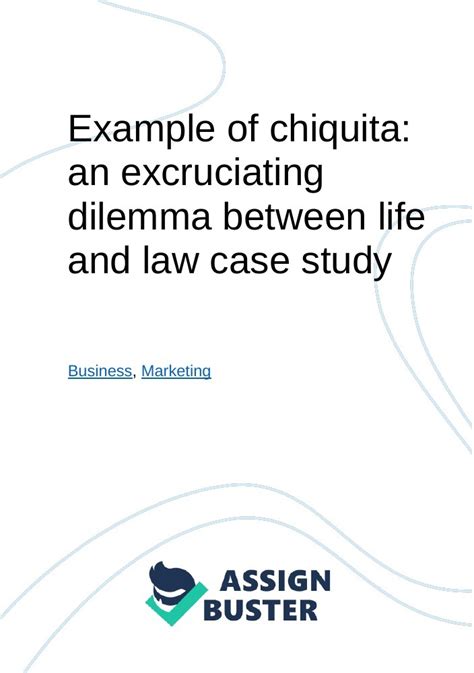The ruling against Chiquita for financing paramilitary groups in Colombia signifies more than just a legal victory. It reawakens conversations on corporate accountability, historical exploitation, and the long shadow of the notorious banana republic era. Multinational corporations, especially those with historical ties like Chiquita, have a storied past filled with exploitation, manipulation, and even tacit endorsement of regimes to protect business interests. This ruling isn’t just about righting a wrong; it casts a spotlight on the systemic issues still embedded within corporate structures.
One might argue that this accountability is long overdue. Chiquita’s history, formerly known as the United Fruit Company, is marred by allegations of strong-arming governments, exploiting labor, and even instigating political coups in countries like Guatemala. This ruling reiterates that the reckoning with historical injustices can find modern relevance and necessitates meaningful repercussions. Companies, regardless of the timescale of their misdeeds, should not be allowed to absolve themselves without facing consequences. This case demonstrates that the moral arc may be long, but it does indeed bend towards justice.
However, it’s instructive to analyze the modern-day implications for corporations operating in volatile environments. The comments from the article highlight the dilemma faced by businesses when they are extorted under threat of violence. While some sympathize with Chiquita’s position, arguing that paying protection money was a necessity to save lives, others contend that companies should withdraw from such environments rather than fund criminal activities. Multinational corporations must navigate these moral and ethical minefields, remembering that their actions have far-reaching consequences that may reverberate for decades.
Interestingly, the discussion also touches on the outsize financial penalties—or lack thereof—that corporations face when held liable. Chiquita’s $38 million fine, albeit significant, is minuscule compared to its annual revenue. This financial slap on the wrist raises questions about whether such penalties are sufficient deterrents. Considering the enormity of the crime—funding terrorist organizations—one has to ask if jail time for executives should be on the table or if the fines should reflect the gravity of the offense more accurately.
Comments on the article about the broader geopolitical issues and historical context add another layer of complexity. The comparison of Chiquita’s actions to modern-day acts of imperialism, carried out under the guise of economic interests, brings a sobering perspective. The parallels drawn between the Chiquita case and other instances where corporations allegedly funded paramilitary groups underscore the pervasive and pernicious nature of such activities. This comparison isn’t just historical; it resonates in current global trade practices and military interventions shaped by corporatism.
Finally, the debates swirling around corporate personhood reflect a deeper need to reassess legal frameworks governing corporate behavior. The notion that corporations, like Chiquita, can engage in reprehensible actions yet shield their executives from personal accountability calls for a rethinking of liability and the real meaning of personhood in law. As one commenter in the article noted, corporate responsibility should not be mere legal fiction. We must ensure that the law serves not only to protect business interests but also to uphold justice for human rights violations.


Leave a Reply